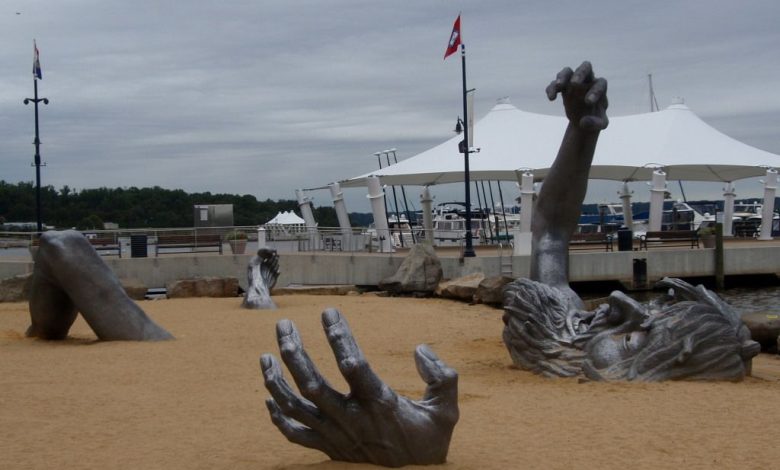

We refer to the recent interest in the prevention of drowning after the unfortunate incident in Bukit Beruntung. Many suggestions have been offered by the public (with good intentions) including the universal teaching of swimming.
The purpose of this letter is to emphasise that multiple interventions across many sectors are required to prevent drowning. We summarise the current recommendations by the World Health Organisation on the status of swimming lessons in the prevention of drowning as mentioned in its Global Report on Drowning (2014). The report recommends “teaching school-age children basic swimming, water safety and safe rescue skills”.
The recommendation goes on to describe a structured safety-tested curriculum, a safe training environment, trained instructors and appropriate student-instructor ratios as requirements. The recommendation clearly warns that “training children to swim is an inherently dangerous process, and swim skills should be approached as a public health intervention – where safety should be demonstrated and constantly monitored”.
The WHO report states that swimming instructions, water safety and safe rescue skills form part of a multifaceted approach to drowning prevention which should include installing barriers controlling access to water bodies (such as fences, covering wells), providing safe places for preschool children with capable child care, training bystanders in safe rescue and resuscitation and many other measures.
All the above information is mentioned to emphasise that learning to swim does not provide an “absolute” protection against drowning. Those who learn to swim may be more likely to endanger themselves (in entering water, going to deeper levels, or trying to save others) than those who don’t know swimming. In summary then, swimming lessons are a part of a multipronged approach to drowning prevention.
Dr Krishnan Rajam Professor and Head, Family Medicine Department, Penang Medical College Member, National Water Activity Safety Council Dato’ Dr Amar-Singh HSS Senior Consultant Paediatrician Head Paediatric Department, Hospital RPB Ipoh, Perak Head Clinical Research Centre Perak

